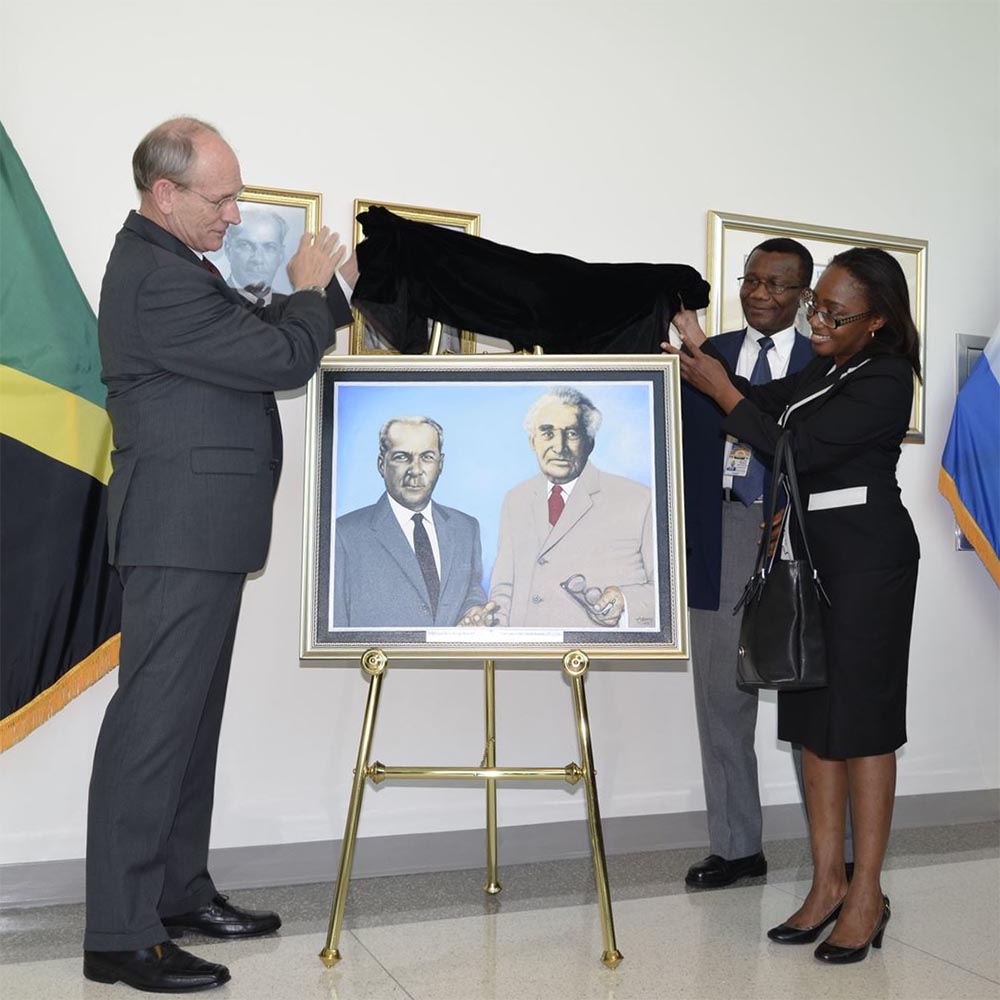

His amendment to the bylaws did not meet the threshold for adoption. In a letter to ERIC before its board meeting in March, Ohio Secretary of State and former state lawmaker Frank LaRose (R) asked that the outreach requirement be made optional.
#NATIONAL CONFERENCE CENTER REGISTRATION#
It is an open question whether it is a state’s responsibility to encourage voter registration at all-though it is clear states must provide reasonably convenient registration processes. There is nothing in ERIC’s mission or processes that indicate a political tilt. “The controversy is its questionable tactics in voter registration.” Bratcher says ERIC critics are suspicious that this outreach is targeted to benefit Democratic-leaning demographics. “I believe ERIC has worked well improving the accuracy of Kentucky’s voter rolls, I don’t believe many folks have a problem with that part of its mission,” says Kentucky Rep. In fact, when a person moves, he or she leaves behind a now-outdated voter registration in the old state and becomes an eligible but unregistered voter in the new state. It is the state’s responsibility to reach out and offer registration. Joining ERIC includes a commitment to reaching out to voters who are eligible but unregistered, and ERIC provides reports on who those people might be. It is the second part of ERIC’s mission-to increase access to voter registration for all eligible citizens-that has driven at least some of the ERIC exits. “Unless you’re talking across state lines, there will be undetected violations of federal law that prohibit double voting in the same election.”

Christian Adams of the Public Interest Legal Fund.

“States need to share data because there is no other way to tell if people are voting in multiple states and that is happening, it is not a black swan event,” says J. Nonetheless, he explained inaccurate voter lists “fuel the perception of fraud.” Morse’s research shows double voting is rare. Improving voter list accuracy also reduces the opportunity for double voting. Stewart has studied election operations and costs for more than two decades. Given that there are no legal requirements to tell the government when you changed your address, ERIC is “the best tool available for catching people who have moved,” said Charles Stewart, the director of MIT’s Election Sciences + Data Lab. Starting from the top of the mission, clean rolls are the foundation of good elections. ERIC was established as a voluntary interstate voter registration maintenance project with the mission to “help states improve the accuracy of America’s voter rolls, increase access to voter registration for all eligible citizens, reduce election costs and increase efficiencies.” And states try to keep up with the changes. Young people reach voting age immigrants become citizens newly incarcerated people lose their right to vote people die.

But very few movers notify their previous county or state that they’ve relocated. About 13% of Americans moved in 2021, according to the U.S. When voters register, they identify their home address, and that determines what local, state and federal races they vote on (as well as myriad special districts).Īll’s well if voters stay put-but they don’t. The problem ERIC addresses is that voter rolls are always in flux. Michael Morse, University of Pennsylvania Carey Law School ERIC addresses “a fundamental coordination problem: We have a national electorate but local election administration.” More resignations are likely.ĮRIC addresses “a fundamental coordination problem: We have a national electorate but local election administration,” says Michael Morse, an assistant professor of law at the University of Pennsylvania Carey Law School who has studied ERIC.
#NATIONAL CONFERENCE CENTER PLUS#
Resignations by eight Republican-controlled states dropped ERIC membership from 33 states plus Washington, D.C., in 2022 to 25 states plus D.C., after the resignations all take effect. Unlike voter ID or Election Day registration, membership in the nonprofit organization, which is composed of member states, has not been a partisan issue-until recently. The hottest issue in election administration this summer is whether states should join, leave or remain in ERIC, the Electronic Registration Information Center.ĮRIC was created in 2012 to address a perennial problem all legislators care about: keeping voter rolls clean.


 0 kommentar(er)
0 kommentar(er)
